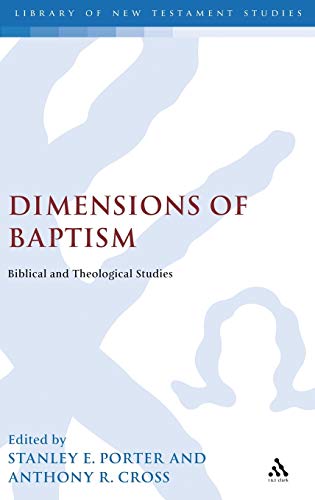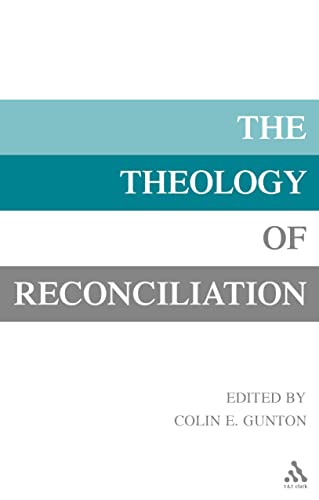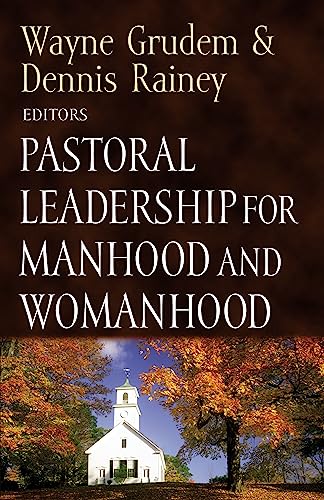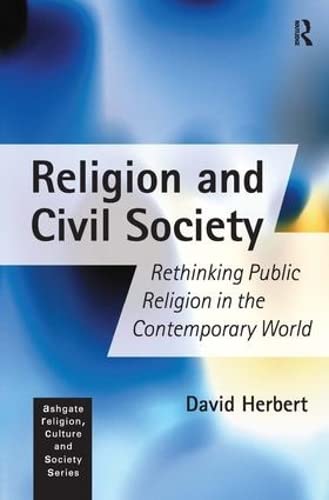THE DECONSTRUCTION OF DUALISM IN THEOLOGY WITH SPECIAL REFERENCE TO ECOFEMINIST THEOLOGY AND NEW AGE SPIRITUALITY
Written by Gillian McCulloch Reviewed By Sharon JamesThis monograph examines the rejection of dualism in ecofeminist theology and New Age spirituality. Ecofeminist and New Age thinkers accuse Biblical Christianity of a dualism that despises material things, demeans creation, and oppresses women. They adopt a monism that views God and creation as part of the same circle of life, and they reject clear distinctions between Creator/created, God/humans, body/soul, male/female and so on.
In chapter one, McCulloch examines dualism in the Christian tradition. The second chapter discusses two key ecofeminist texts. The Body of God by McFague, and Gaia and God by Ruether. Chapter three examines New Age spirituality. Finally McCulloch attempts to reconstruct a ‘holistic’ dualism, which preserves the distinction between God and the creation, but which is free from patriarchy. She argues that the central Biblical theme of reconciliation presupposes a dualism between God and the world. A radical rejection of dualism leads to a materialistic view of humanity. She seeks to demonstrate that the environmental crisis and the oppression of women, which ‘monist’ thinkers lay at the door of dualistic Christianity, are the results of the distortion of dualism.
The work is married by a failure to define terms clearly. Ecofeminist and New Age thinkers accuse Biblical Christianity of ‘dualism’ and ‘patriarchy’—but they generally use these as pejorative smears without defining them. Firstly, there is need for enormous caution in discussing dualism. While orthodox Christianity preserved an absolute distinction between God and creation, and thus rejected ‘monism’, it drew back from ‘dualism’ (in the sense of good and evil being the two equally powerful realities in the world). McCulloch assumes that conservative Christianity is ‘dualistic’. She discusses the influence of Greek thought and Descartes, but does not discuss the Reformation affirmation of the goodness of the created order.
Secondly, McCulloch nowhere defines ‘patriarchy’. This word, literally, ‘father-rule’ originally referred to the leadership of the clan by the patriarch, or to the social structure whereby the family inheritance passed down from father to son. Radical feminists took it up as a shorthand description of every aspect of society that they found ‘sexist’. Patriarchy was named as the source of all evil. The Bible is infused with ‘patriarchy’ (‘in Adam all die’; the ‘line of salvation’ passed down through the sons from Abraham; leadership in the Old and New Testament is predominantly male; God is referred to as ‘Father’ etc). Thus the Bible is viewed by many as a ‘toxic’ book. Radical feminists have succeeded, in that scholars now usually assume that patriarchy is evil. Certainly McCulloch assumes that ‘the patriarchal spiritual dynamic’ (an undefined phrase which recurs continually throughout the book) is a ‘bad thing’.
It is ironic that in a series which aims to provide the best in evangelical scholarship, the author is courteous in discussing the views of those who hate Christianity as the source of all oppression, but fails to acknowledge the existence of evangelicals who believe that the Bible does teach male leadership. Certainly the pattern of male leadership has been distorted by sin, but abuse of something does not mean that the whole should be rejected.
The work is not always clearly written, and is marred by some errors. Paul Jewett’s work is not ‘subordinationist’ (49 n. 143); Luther did not critique Teilhard de Chardin’s theology (120); Karl Barth was not one of the Reformers (211). From an evangelical viewpoint, the greatest weakness of this book is the failure to bring Scripture to bear on the issues discussed.
Sharon James
Leamington Spa







